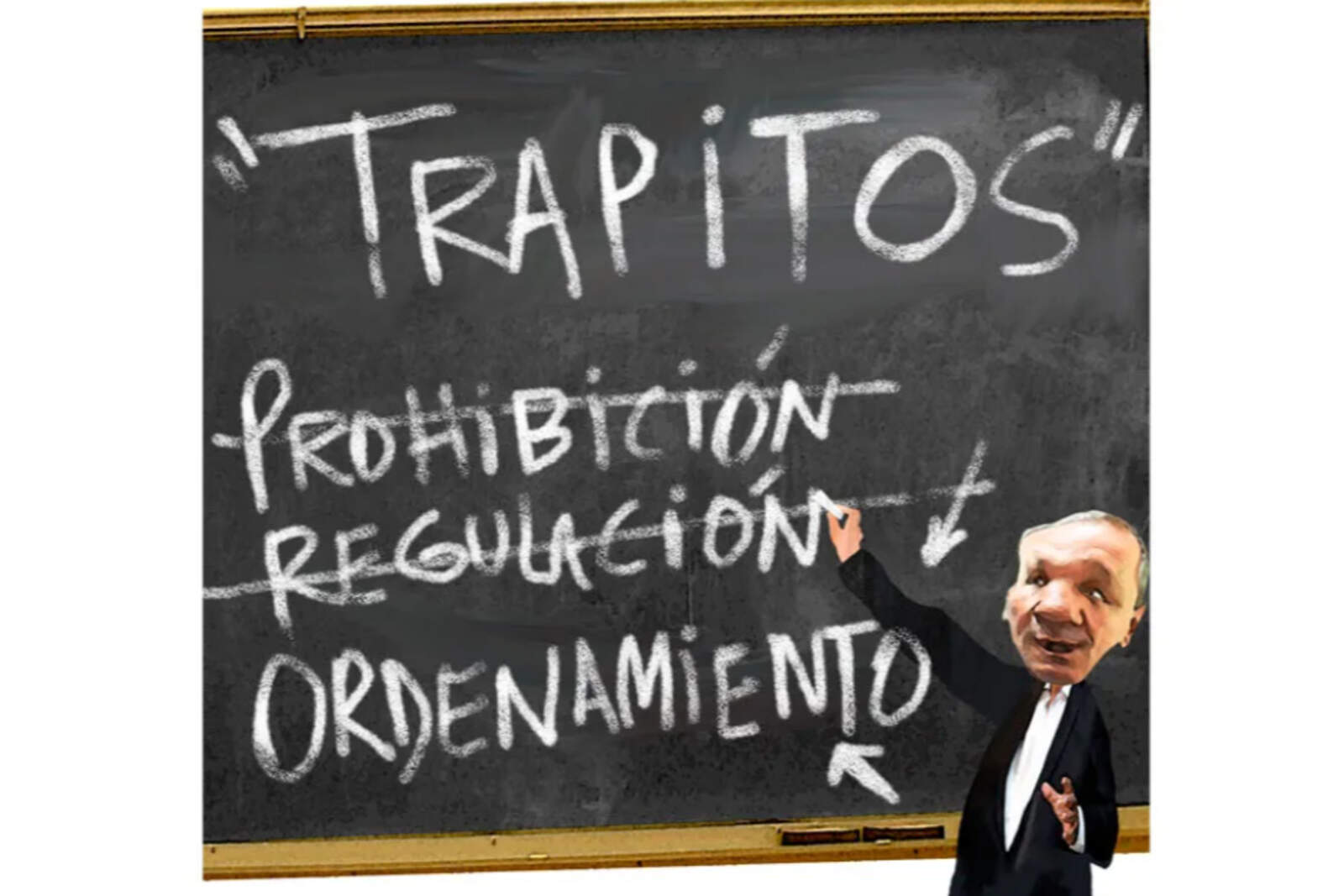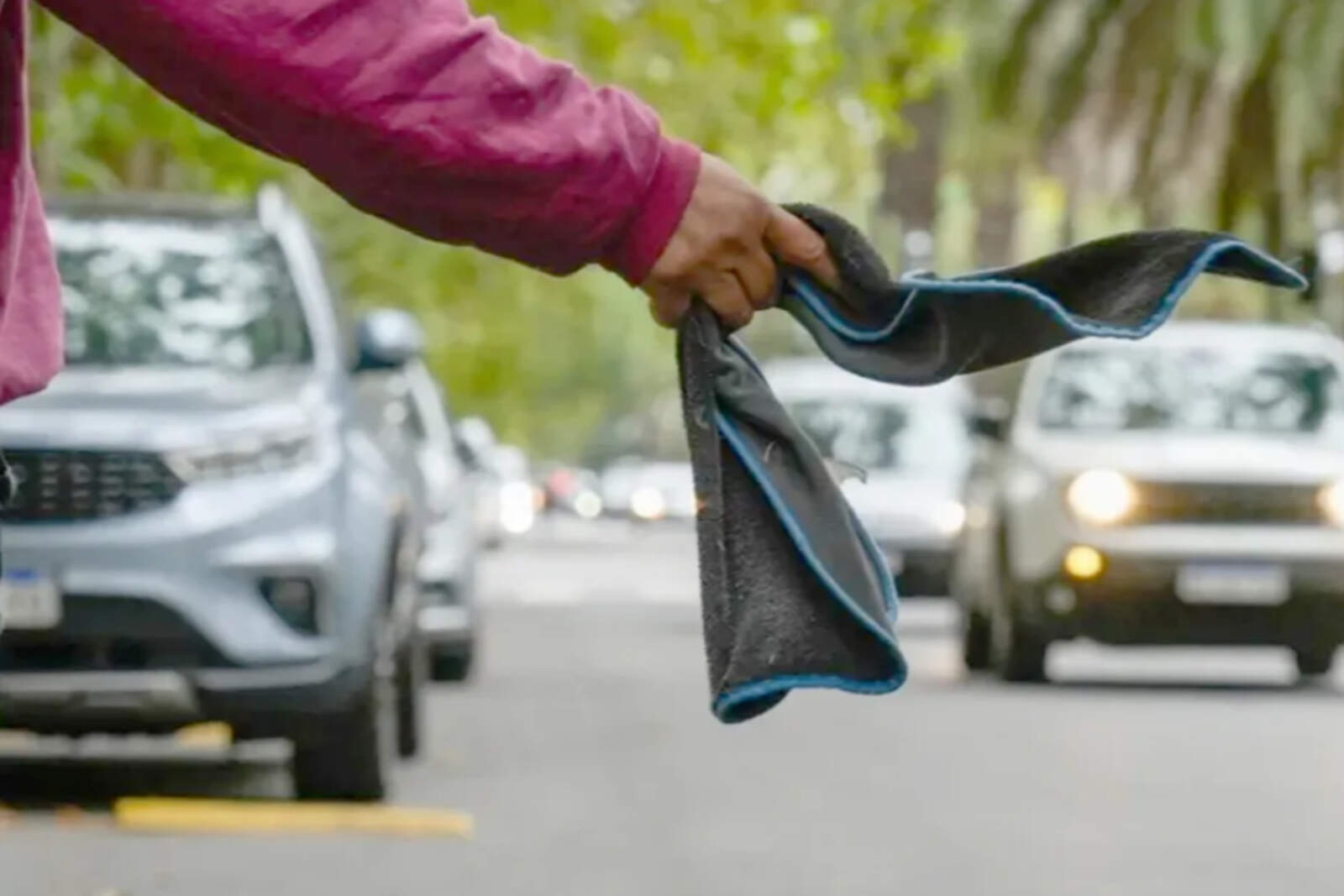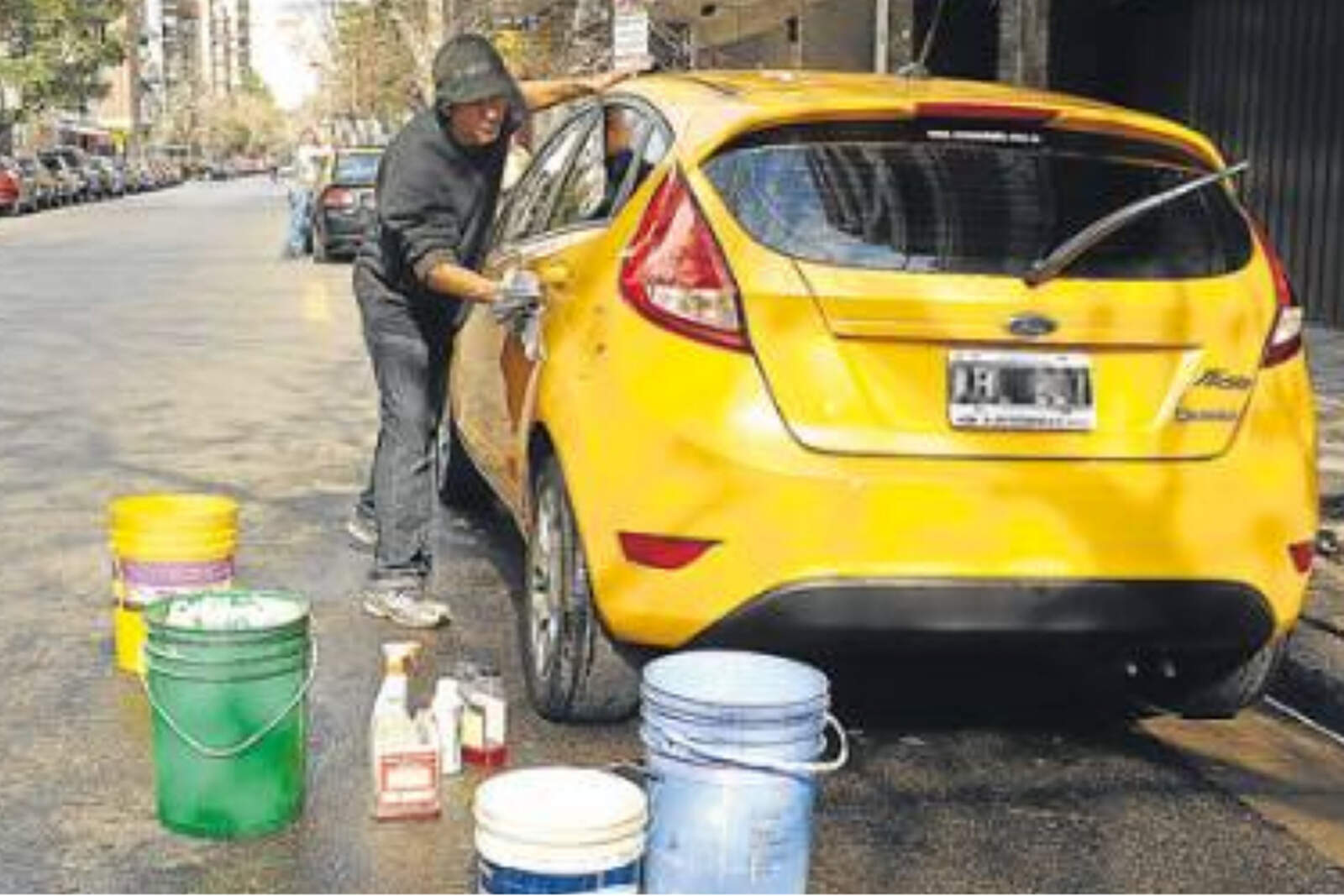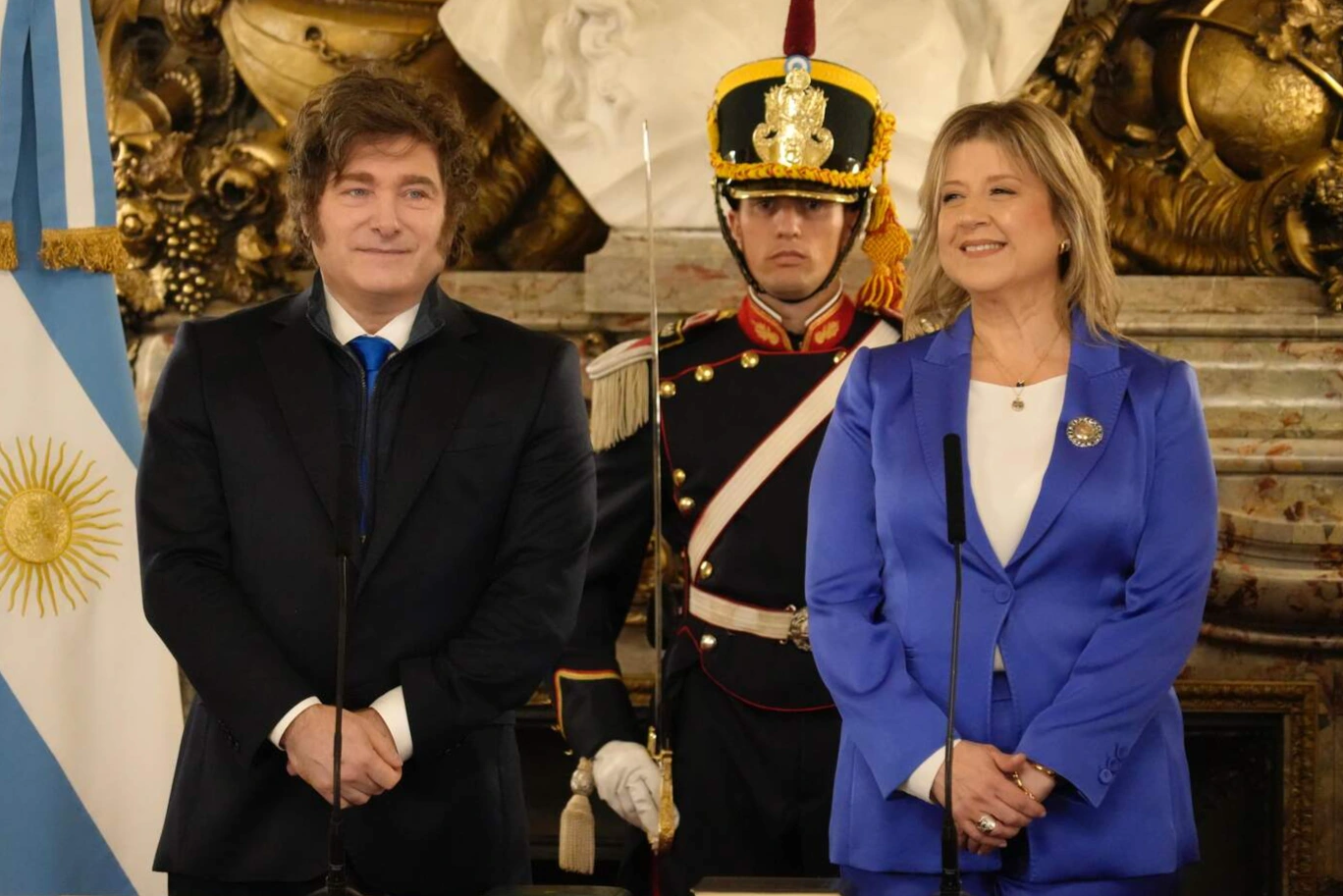Mayor Guillermo De Rivas presented a project to "organize" the activity of street parking attendants, car minders, jugglers, and window washers in the city. The initiative was submitted to the City Council and proposes establishing a regulatory framework for these activities in public spaces. According to the Executive, the aim is to prevent conflicts without completely eradicating this illegal activity.
The project is based on two pillars: control and social assistance. The intervention of the Local Urban Guard and other municipal departments is planned to supervise the activity. In addition, training and job retraining opportunities will be offered to those who require them.
The municipal administration emphasizes that not all the activity of street parking attendants causes problems. The objective is to address cases that disturb the peace of residents, without neglecting the vulnerability of some workers.
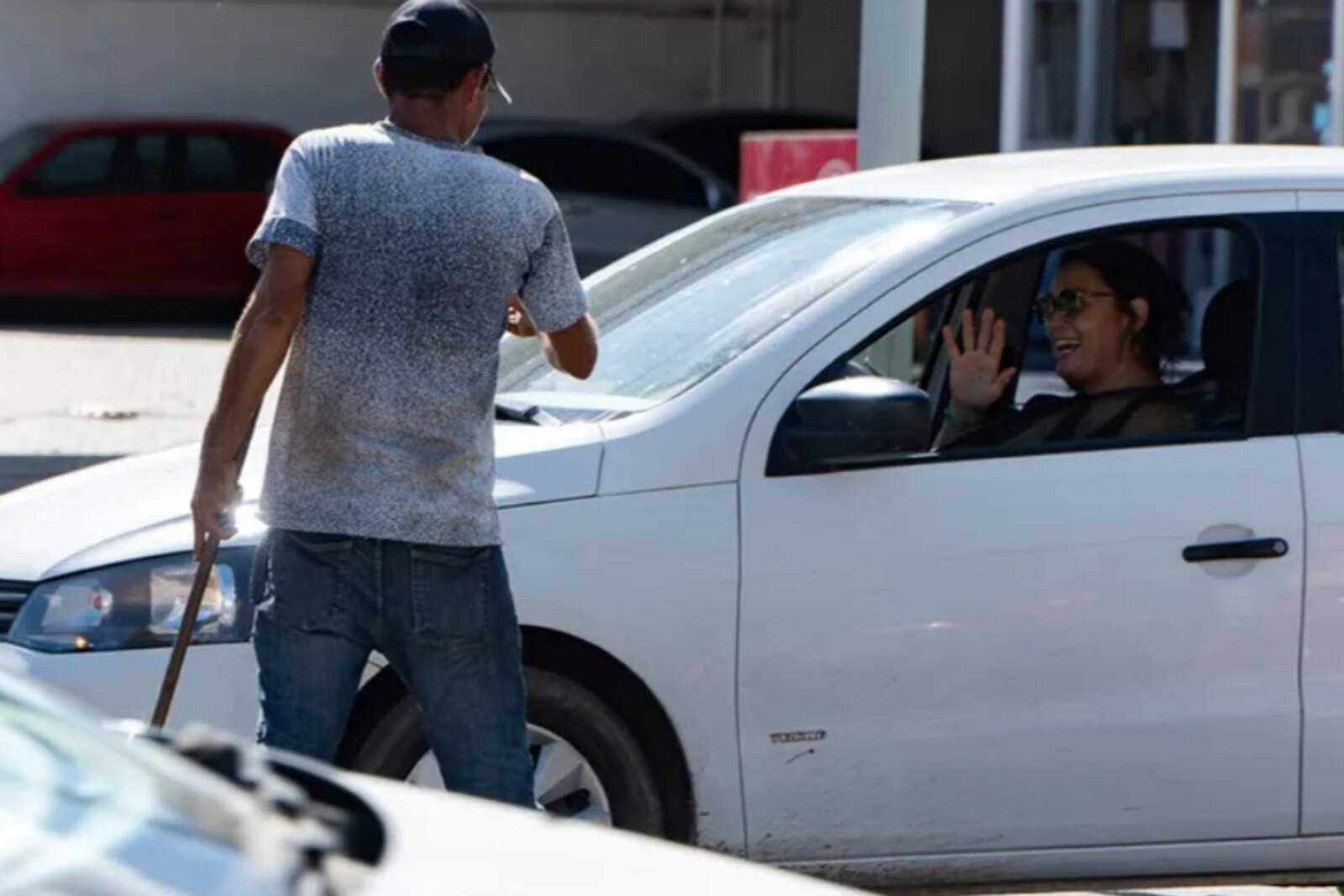
Criticism of the Executive's stance
The proposal to regulate rather than prohibit the activity of street parking attendants has caused criticism from sectors that consider the measure insufficient. They argue that regulation could legitimize practices that affect civic coexistence. In addition, they point out that other cities have implemented stricter measures to eradicate these illegal activities.
In Córdoba Capital, for example, authorities have tried to strengthen (without significant results) controls over window washers and car minders, seeking to eliminate their presence in certain public areas. These actions have been supported by legislators who propose a total ban on the activity.
In Río Cuarto, it is estimated that about 80 people work as "street parking attendants," although the number varies constantly. This is due to the increasingly frequent political legitimization of this illegal activity.

